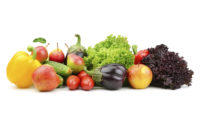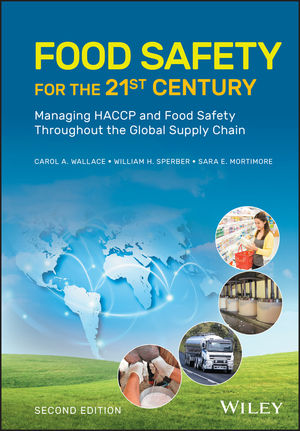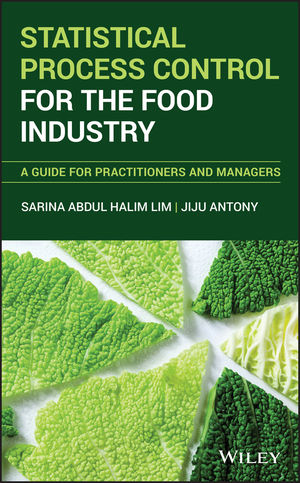The Center for Produce Safety funds 11 new research projects
The awards are for research projects directed at answering critical questions in specific areas of food safety practices.

The Center for Produce Safety (CPS), Woodland, Calif., announced 11 new research awards valued at a little over $2.7 million. The awards are for research projects directed at answering critical questions in specific areas of food safety practices.
"If you take a step back and look at the Center for Produce Safety's latest grant recipients, their project topics address the most pressing relevant produce food safety issues. Right now you hear a lot about Cyclospora causing issues with fresh produce, or about how transference of pathogens in water is initiating problems in general in our industry," says Dave Corsi, chair of the CPS board of directors and vice president of produce and floral at Wegmans Food Markets, Rochester, N.Y. "We congratulate the 2019 award recipients, and feel encouraged by their focus on addressing these relevant issues. Fund the Science is the main thrust behind CPS' mission, which will eventually assist the funded scientists to find solutions to food safety issues, and then finally, to fuel change in all parts of the supply chain."
The 2019 grant recipients are as follows:
Ana Allende, director of research group on quality, safety and bioactivity of plant foods, Centro de Edafologia y Biologia Aplicada del Segura (CEBAS) – CSIC, Mexico, develops produce surface treatments based on bacteriophages and bacteriocin-producing cultures to consistently reduce 2-log of Listeria monocytogenes on leafy greens and pre-cut fruit and vegetables.
Paul Dawson, professor graduate coordinator food systems and safety program team, food, nutrition and packaging sciences department, Clemson University, Clemson, S.C., developed verification and validation of environmental monitoring programs for biofilm control in the packing house.
"In this project, we will collect data from the quantification and modelling of L. monocytogenes and the resident microbial community biofilms on surfaces like those found in the packing house,” adds Dawson. “Based on the results, we aim to build a user-friendly model, such as an Excel Add-in, that will predict biofilm growth rates and ultimately optimal environmental sampling time and sanitation intervals for the packing industry."
Xiangyu Deng, associate professor center for food safety, University of Georgia, Athens, Ga., designed possibility, duration and molecular predictors of sanitizer tolerance in Listeria monocytogenes.
"Through this project, we want to help settle the debate on whether Listeria monocytogenes develops tolerance to common sanitizers," says Deng. "We will further explore if such tolerance is relevant to sanitizing practices in the produce industry by studying its possibility, duration and genetic predictors."
Laurel Dunn, assistant professor food science and technology, University of Georgia, Athens, Ga., discovered the environmental microbial risks associated with vented produce in distribution centers.
Alexander Fridman, director of the Nyheim Plasma Institute and professor of engineering, Drexel University, Philadelphia, Pa., created a post-harvest fresh produce wash water disinfection by submerged cold plasma non-chemical continuous treatment system.
Kalmia Kniel, professor of animal and food sciences, University of Delaware, Newark, Del., provided analysis of the presence of Cyclospora in waters of the Mid-Atlantic States and evaluation of removal and inactivation by filtration.
Mia Mattioli, environmental engineer for Centers for Disease Control and Prevention, Washington, D.C., provided the sources and prevalence of Cyclospora cayetanensis in Southeastern U.S. irrigation water sources and growing environments.
Ynés Ortega, associate professor, Center for Food Safety, University of Georgia, Athens, Ga., discovered the prevalence of Cyclospora in water and produce.
Gloria Sánchez Moragas, doctor in biology, specializing in food microbiology, Instituto de Agroquímica y Tecnología de Alimentos – CSIC, Mexico, discovered the occurrence and accumulation of potentially infectious viruses in process water and impact of water disinfection practices to minimize viral cross-contamination.
Martin Wiedmann, professor in food safety and microbiology, Cornell University, Ithaca, N.Y., realized factors affecting persistence of Listeria monocytogenes’ need to be identified for evaluation and prioritization of interventions.
Looking for a reprint of this article?
From high-res PDFs to custom plaques, order your copy today!








